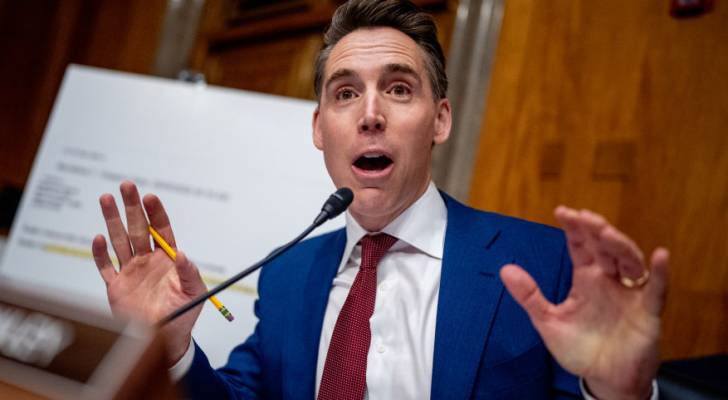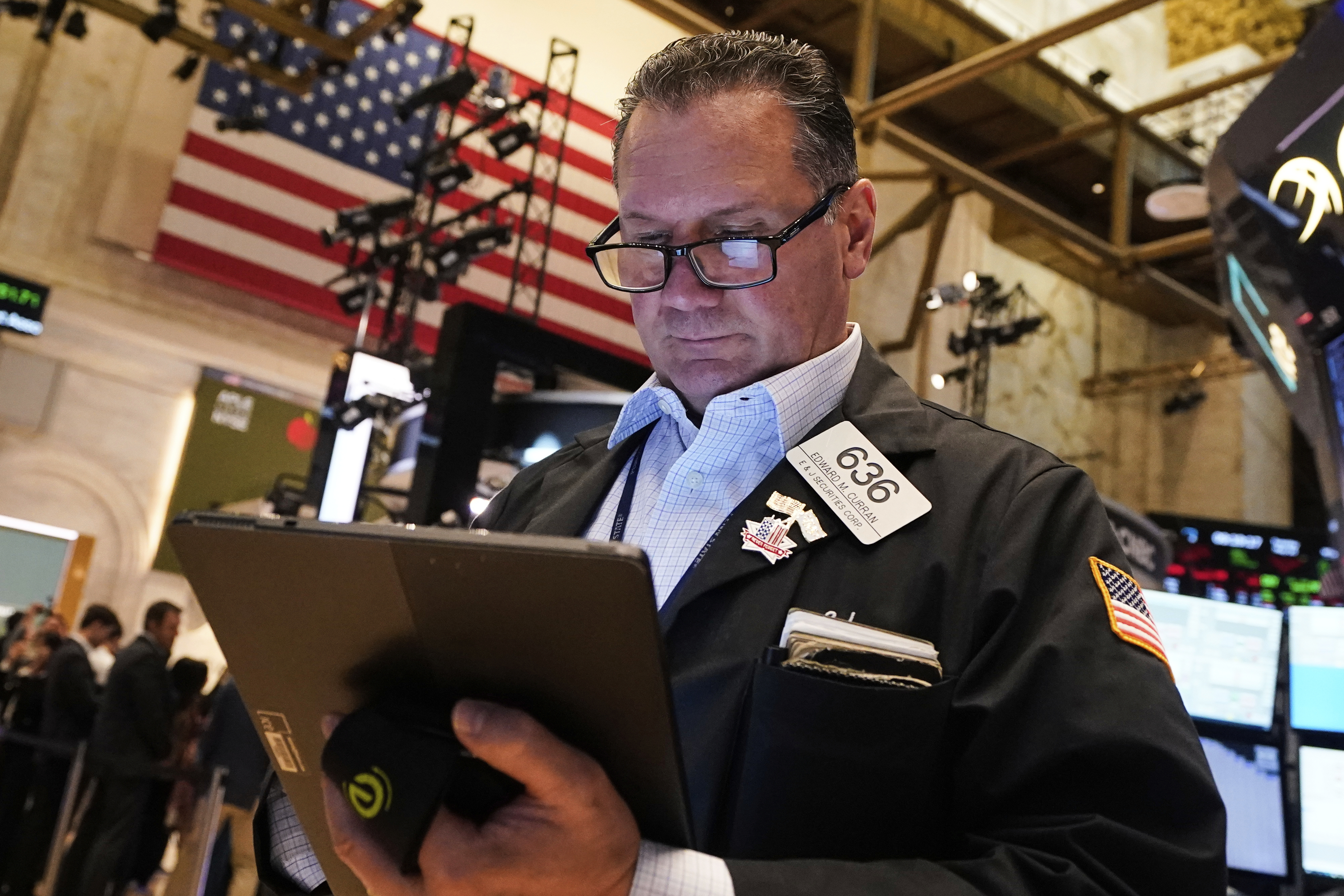In This Article:
The US dollar is under pressure as global investors grow increasingly wary of America's fiscal trajectory.
Once seen as a reliable safe haven, the greenback is now facing renewed skepticism, with strategists telling Yahoo Finance that capital is shifting toward undervalued currencies in Europe and Asia amid expectations of foreign stimulus and more attractive valuations abroad.
The US Dollar Index (DX-Y.NYB) — which tracks the dollar's value against a basket of major currencies including the euro, Japanese yen, British pound, Canadian dollar, Swedish krona, and Swiss franc — has dropped more than 8% since the start of the year, underperforming every other G10 currency, according to Bloomberg data. It ranks as one of the worst-performing asset classes of the year, alongside Brent Crude (BZ=F).
Since April, the index has dipped below the crucial technical and psychological level of 100, hitting lows not seen since 2022.
"Investors now have a very strong reason to hedge their long US asset exposure, and the dollar is no longer behaving like a safe haven," Jayati Bharadwaj, FX and macro strategist at TD Securities, told Yahoo Finance on Wednesday. "I would say it's actually following much more of an emerging market playbook, which is the unfortunate truth that we need to come to terms with."
Bharadwaj cited mounting US debt and policy uncertainty as key catalysts behind the dollar's decline. Last week's credit rating downgrade by Moody's only deepened market concerns. Adding to the fiscal anxiety, the House of Representatives on Thursday approved President Trump's sweeping tax reform package, otherwise known as the president's "big, beautiful bill."
The proposal includes significant cuts to both individual and corporate tax rates and is projected to increase the national debt by $4 trillion over the next decade. The legislation now moves to the Senate for consideration.
"The volatility associated with the current administration's policies is a big confidence shock, which is actually forcing other countries to step up their local fiscal policies and work on fostering stronger trade relationships amongst themselves," Bharadwaj said, noting that it ultimately reduces foreign nations' dependence on the US.
As a result, Bharadwaj expects the dollar to keep weakening gradually, with another 5% drop likely by year-end.
A weaker dollar adds to inflation by driving up import costs, an issue compounded by tariffs that remain near their highest levels since World War II.














